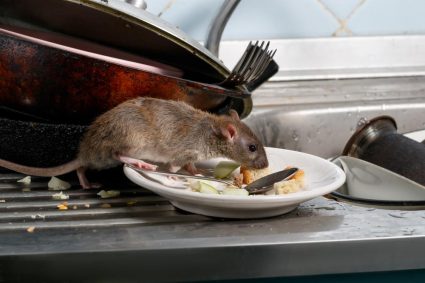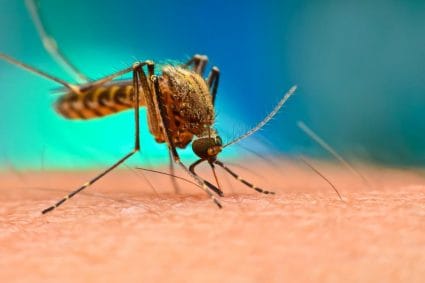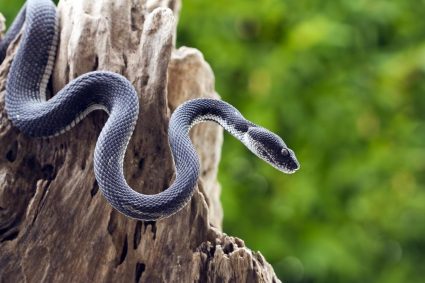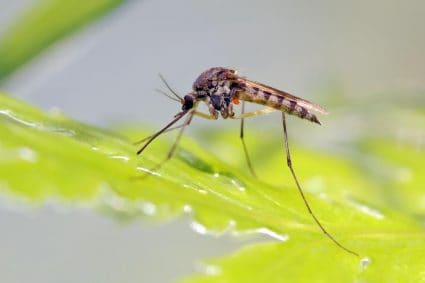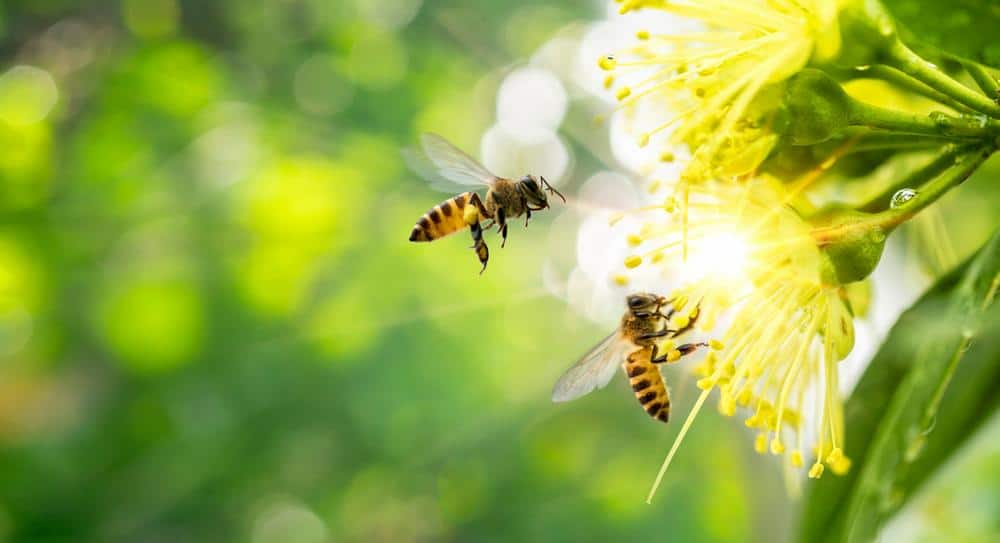
Wondercide, a line of pest control products, has gained popularity for its use of natural essential oils to combat pests. However, one question that often arises is: Does Wondercide kill bees? This article aims to break down this question and offer an in-depth look at the potential effects of Wondercide on bees.
According to the manufacturer, Wondercide products are safe for beneficial insects like bees when used as directed. The main insecticidal ingredient in Wondercide, cedar oil, is less toxic to off-target species including bees. However, it’s important to note that this information is based on the company’s claims and not on specific research studies. Therefore, when using Wondercide, it’s recommended to follow the product’s directions and precautions to ensure the safety of bees.
What is Wondercide?
Wondercide is a pest protection product line developed for pets, homes, and families. Made in the USA, these products are created to be both safe and effective. The main ingredients in Wondercide products are naturally occurring essential oils such as cedarwood, peppermint, lemongrass, rosemary, and coconut. These oils form plant-powered formulas that are effective against pests like fleas, ticks, and mosquitoes. Some Wondercide products also contain sodium lauryl sulfate, a plant-powered coconut oil derivative that acts as a surfactant to help essential oils mix with water and remain stable.
Wondercide and Bees
According to Wondercide, their products are safe for beneficial insects like bees and butterflies when used as directed. The residue from their sprays is not harmful to these pollinators, allowing them to continue their crucial roles in the ecosystem. This is primarily because the main insecticidal ingredient in Wondercide products, cedar oil, is significantly less toxic to the environment and off-target species than broad-spectrum insecticides.
However, it’s crucial to note that the safety of Wondercide for bees and other beneficial insects is based on the company’s claims and not on specific research studies. If you’re concerned about the potential impact of Wondercide on bees, it’s recommended to use the product as directed and follow any manufacturer-provided precautions.
Precautions to Minimize Harm to Bees
When using Wondercide, it’s crucial to follow certain precautions to minimize potential harm to bees:
- Apply early in the morning or late in the evening when bees are less active.
- Avoid spraying directly on bees or other beneficial insects.
- Use the product as directed to ensure the residue is safe for bees and butterflies.
- Apply pesticides only when necessary to maintain plant health.
- Follow best management practices to protect bees from pesticides, such as identifying the species of bees present at the site and learning specific ways to protect them.
- Read labels carefully before deciding which pesticide to apply and follow the product directions.
- Avoid using insecticides with long residual times or systemic activity during prebloom.
Alternatives to Wondercide
For those looking for alternatives to Wondercide that are less harmful to bees, there are several options:
- Neem oil: A natural pesticide effective against various pests without harming bees.
- Vinegar: An effective natural herbicide and insecticide, safe for bees.
- Epsom salt: Deters pests and is not harmful to bees.
- Chrysanthemum: Contains pyrethrum, a natural insecticide less toxic to bees than synthetic alternatives.
- Pepper, garlic, and onion: These can be used together as a natural insect repellent safe for bees.
- Castile soap: Can be mixed with water and sprayed on plants to control pests without harming bees.
- Organocide BEE SAFE 3-in-1 Garden Spray: An insecticide, miticide, and fungicide safe for bees.
Long-Term Ecological Implications
If Wondercide were to harm or kill bees, the long-term ecological implications could be significant. Bees play an essential role in pollination, contributing to over half the value of the United States’ $29 billion per year agriculture industry. A decline in bee populations could lead to reduced crop production, affecting food availability and the economy. Furthermore, the decline in bee populations could have cascading effects on ecosystems, leading to a decline in plant diversity and overall biodiversity of ecosystems.
Conclusion
While there are no specific studies on the effects of Wondercide on bees, the company claims that when used as directed, the residue of their sprays is safe for beneficial insects like bees and butterflies. However, it’s always best to use the product as directed and follow any precautions provided by the manufacturer to minimize any potential harm to bees.
Frequently Asked Questions
What specific pests does Wondercide protect against?
Wondercide products are designed to protect against a wide range of pests, including fleas, ticks, and mosquitoes, among others.
Are there any known side effects of using Wondercide?
As a natural product, Wondercide is generally safe to use. However, as with any product, it’s possible for individuals or pets to have an allergic reaction to it. If you notice any adverse reactions, discontinue use and consult a healthcare professional.
Can Wondercide be used indoors?
Yes, Wondercide products are designed to be safe and effective for both indoor and outdoor use.
What precautions should I take when using Wondercide around children?
Wondercide products are generally safe for use around children. However, it’s always best to follow the manufacturer’s instructions and keep the product out of reach of young children when not in use.
Can Wondercide be used on all types of plants?
Yes, Wondercide can be used on a wide variety of plants. However, it’s always a good idea to test a small area first to ensure there are no adverse reactions.



